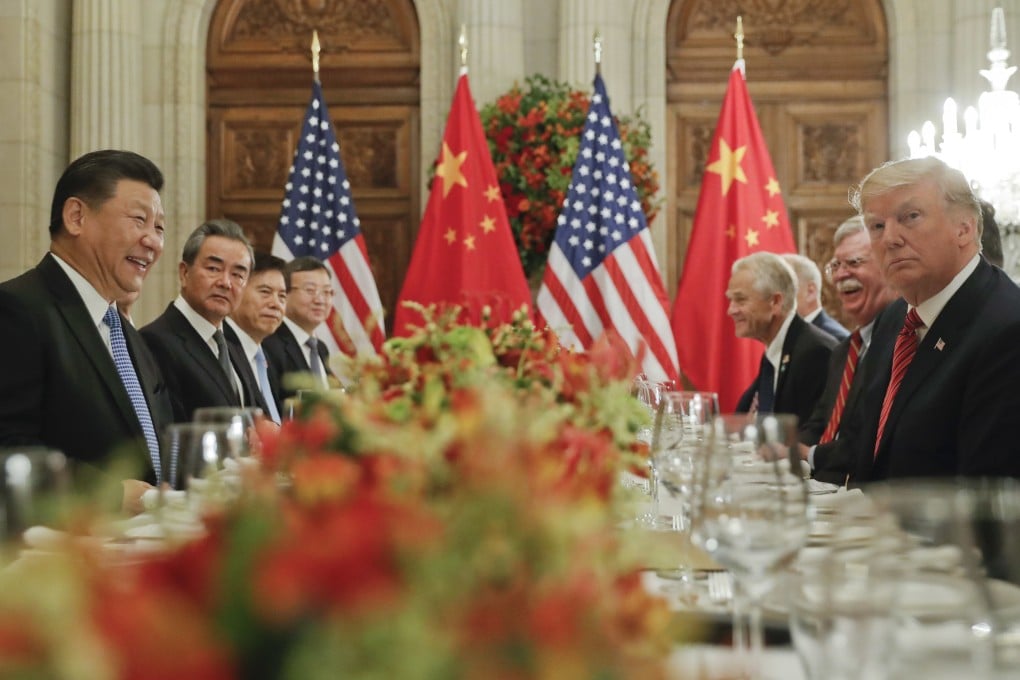China and US must both compromise at Xi-Trump meeting, Beijing negotiator says
- Beijing should not be only side to make concessions when presidents meet in Osaka, Wang Shouwen says
- Chinese foreign ministry accuses US of indulging in ‘fool’s talk’ amid reports Trump is planning further restrictions on Chinese tech firms

A member of China’s trade negotiation team has said both Beijing and Washington will need to compromise if they are to reach a trade deal when presidents Xi Jinping and Donald Trump meet during the G20 summit in Osaka later this week.
“We should meet each other halfway, which means that both sides will need to compromise and make concessions, and not just one side,” Wang said during a press briefing in Beijing on Monday.
Wang said that to reach a trade deal, both sides should negotiate on the basis of equality, respect each other’s sovereignty and World Trade Organisation (WTO) rules, and benefit both sides. The countries are locked in disputes over issues including trade and security.
Meanwhile, the foreign ministry in Beijing hit out at Washington’s “fool’s talk” following reports that the Trump administration was planning further measures to freeze Chinese firms out of the US 5G supply chain, saying it was suffering from a “self-made panic”.